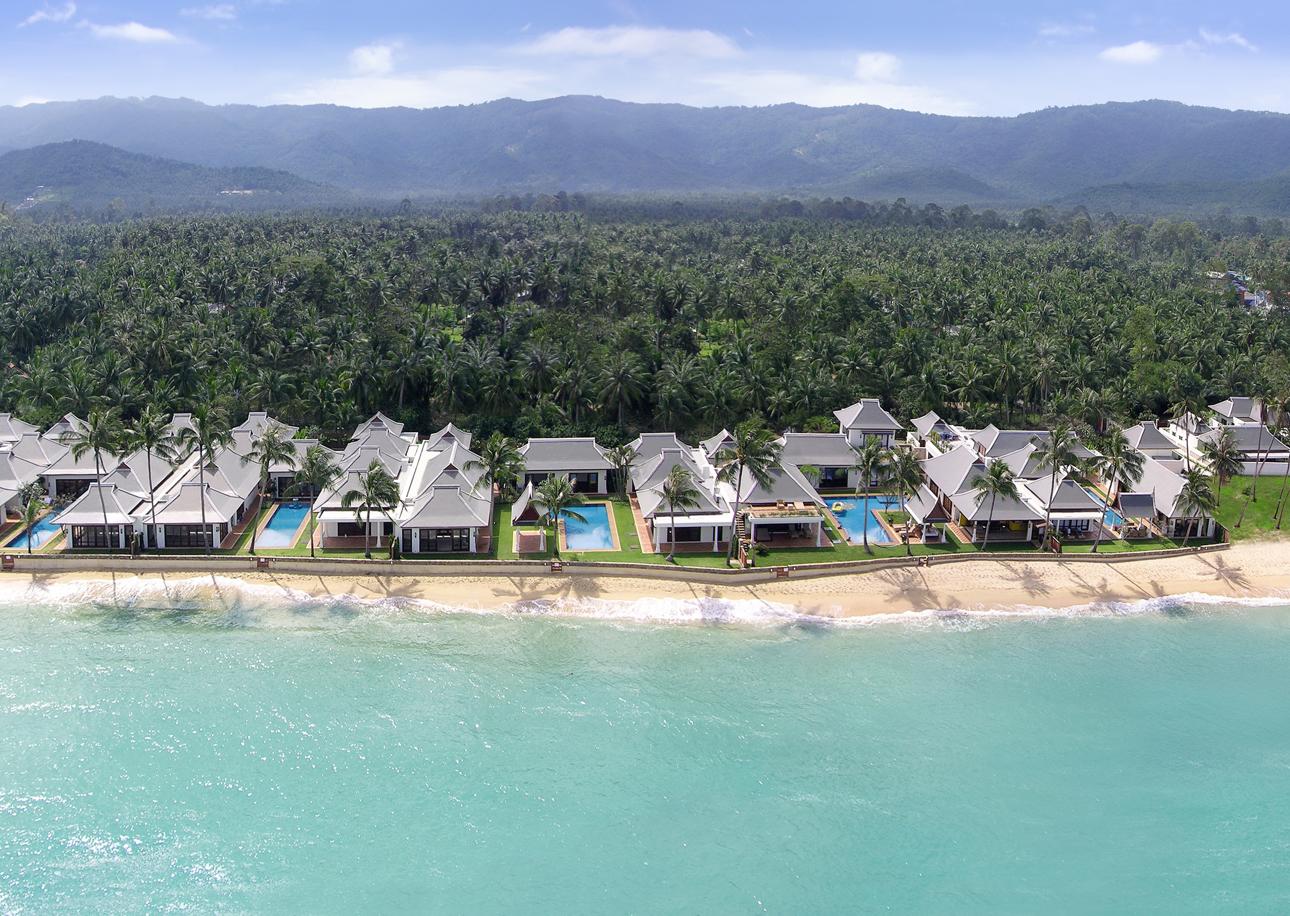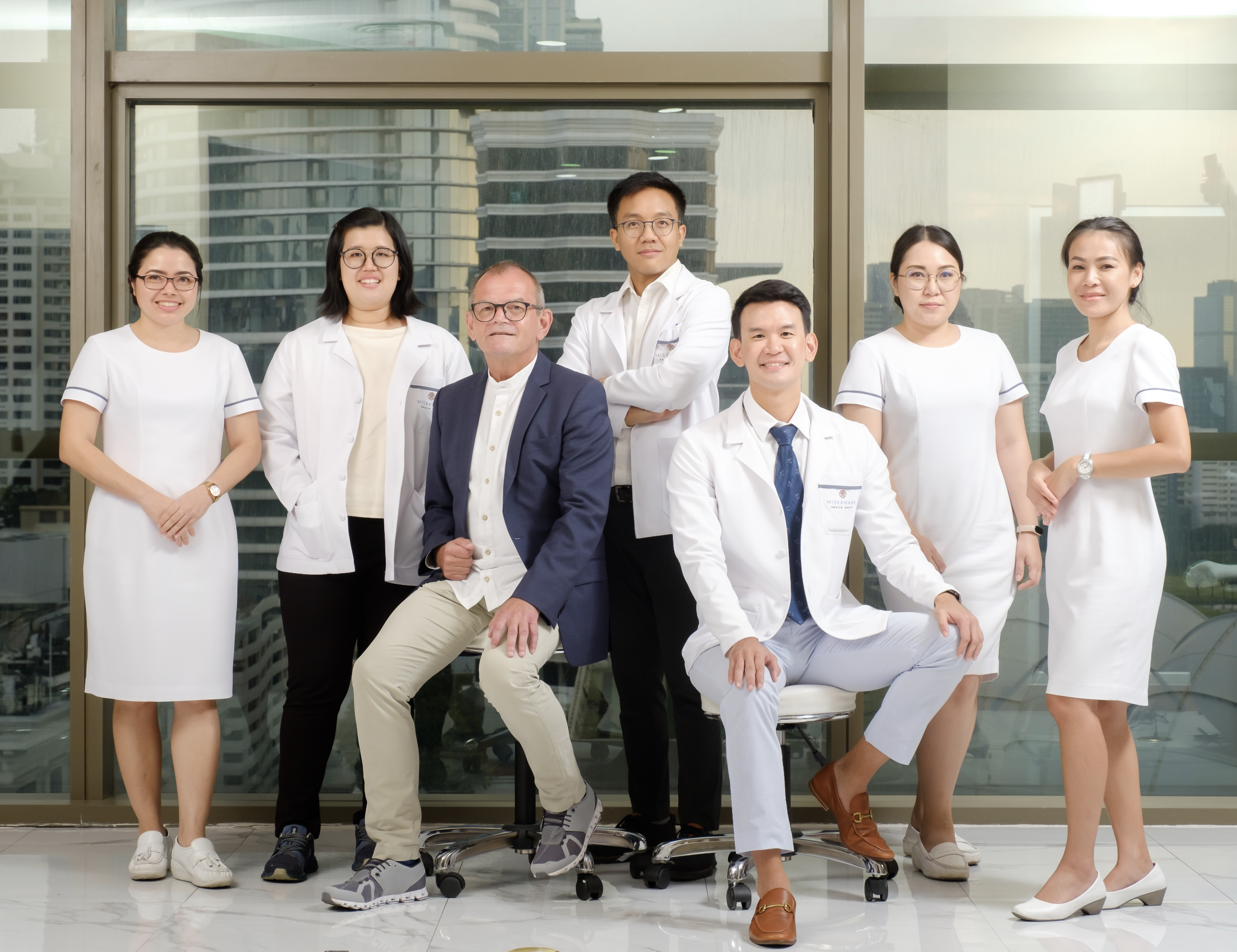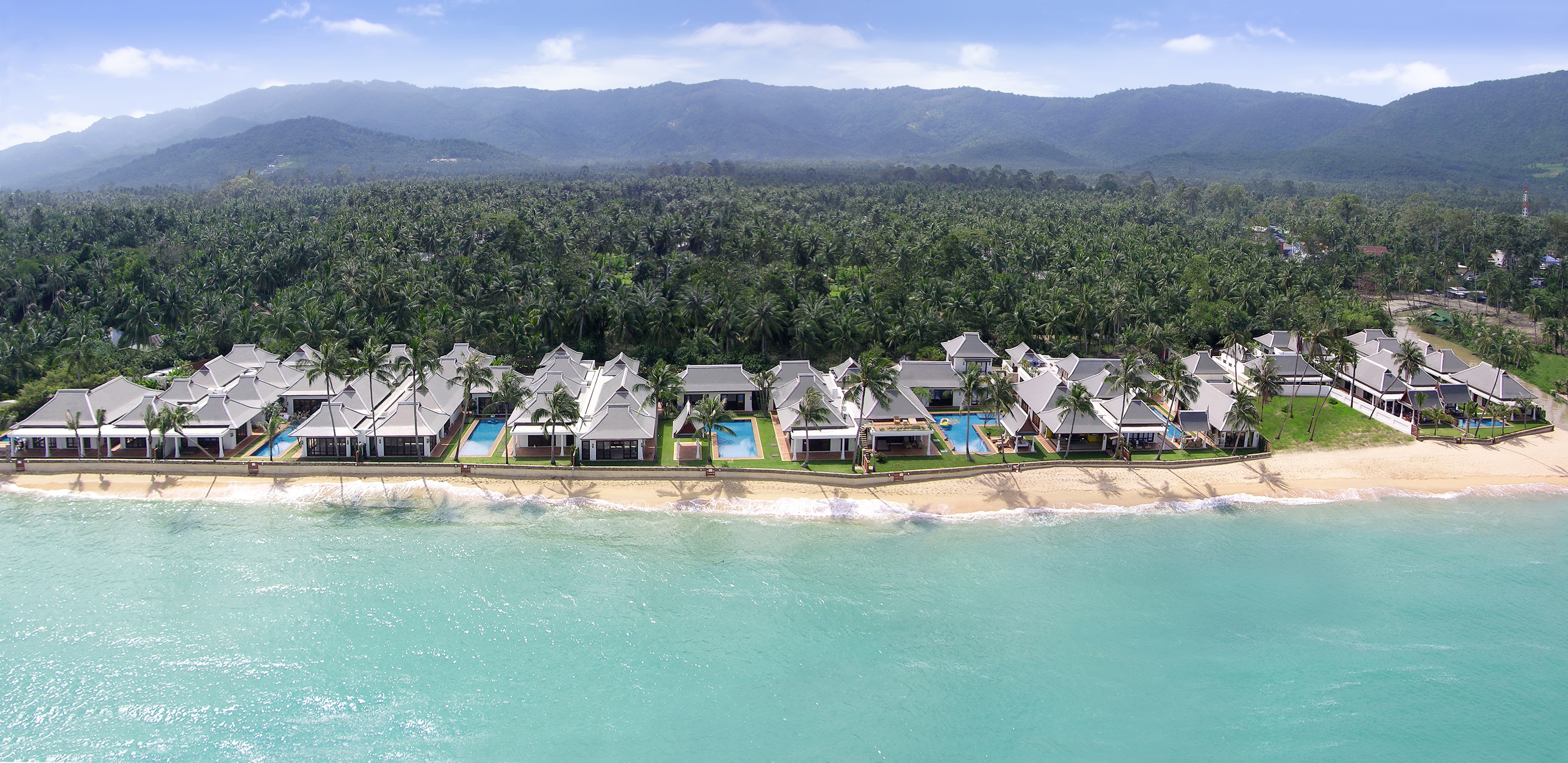Exploring Macau: Culture, Cuisine, and the Crown Jewel of Cotai, the Grand Lisboa Palace Resort Macau
If you’re planning a winter escape just a short flight from Bangkok, ...

[This story originally appeared in Koktail Magazine issue 2.]
Maintaining good health as we age is paramount, but too often we only seek treatment for health issues when the symptoms become problematic or even unbearable. Thailand, which sees itself as a medical tourism hub, has plenty of world-class hospitals, most of which practice Western-style modern medicine. But is this the best way to cope with the inevitable diseases that are coming our way? Is there a way to forecast what may be in store for us, allowing us to change our lifestyle accordingly so we can live as full a life as possible?
Koktail sits down with the team behind the recently established Miskawaan Health Group in Bangkok to try to learn what can be done to enjoy the best quality of life as we edge graciously towards our later years, and to find out if German technology and Thai hospitality and care are a winning combination.

Miskawaan’s medical team champions functional medicine and wellness as remedies for holistic health
It started with Dr Johannes Wessolly, a holistic doctor who practised in Ludwigsburg, Germany for more than 20 years. His patients came from a variety of countries and walks of life, all of whom were seeking a different approach to their health. When one of his patients—a mining executive— asked him what will happen to his methods once he retired, he replied, “I haven’t thought about that”. That was when we founded Miskawaan Health Group, or MSG, which is now headquartered in Bangkok where we intend to focus on the health needs of patients in Asia.
Thailand is perfect because it’s one of the top global destinations for medical tourism and has a cultural history of traditional medicine. (The Thai FDA has a herbal medicine division that recognises natural therapies.)
Moreover, Thailand announced a Bio Circular and Green (BCG) five-year programme to position Thailand as a leader in the future of healthcare. What Miskawaan is doing perfectly matches this BCG policy. We work with the Mae Fah Lung University in Chiang Rai to support their clinical trials using natural treatments, which are supported by the government initiative.
If you come to a functional medicine clinic for the objective of prevention, you may visit without any symptoms. Our doctors will talk to you extensively, sometimes going back all the way to your childhood. “Did you have rashes as a child? Did you cry excessively as a baby?” These indicators from the past are critical and can be chronic without you realising it. You then have a choice: do you want to proactively address early indicators to maintain optimal health or do you prefer to ignore it and just wait until you have a problem?
For example, one of the things we offer is EDIM, a globally- recognised test for cancer. EDIM checks for any early-stage signs of cancer and can detect the existence of cancerous cells in your body with 97 percent accuracy. This allows you to change your lifestyle and take the steps needed to delay any need for chemotherapy.
The interesting thing about the medical market is that people picture hospitals as “real medicine”. On the other side of the spectrum, we have wellness centres, which include all the different forms of wellbeing from very high-end experiences down to simply having a foot massage. What we know is that both of these markets are growing rapidly. But we’re also seeing that the market is demanding the two disciplines merge. For example, there are recent paradigms that have been proven by science to show how your gut can influence your mind. This is causing an expansion of what science is focusing on and bringing both sides closer together. There’s a demand for a holistic approach to everything now. Hospitals are aware of this so they are creating different brands to provide “wellness”.

Miskawaan Health Group’s Koh Samui rehabilitation and wellness centre
If we’re sick, the current trend right now is to prescribe the same medication and dose to everyone. But at Miskawaan, we believe that everyone has separate needs, so we might treat each person’s case differently. Every individual is unique, based on so many factors.
We’re not against conventional medicine, and we all operate by the same rules. We do many of the same tests as conventional hospitals, but we aim to do more on top of that by searching for more information on the root cause before treatment and the best way to use the body’s own inherent capabilities to maintain a healthy state.
Yes, and they do know wellness is the future. If you take a look at the research and development budgets of Big Pharma, you’ll see they’re spending more on wellness now than ever before. In a sense, economics and market forces will continue to drive the convergence.
Education and more education. People don’t really know what functional medicine is and how beneficial it is for our health. It’s not “us” versus conventional medicine— it’s a blend. We just want people to know this is the way healthcare is going to be in the future. People typically go to the doctor and ask, “Can you give me a tablet for this symptom?” But we want to see patients being more empowered, to actually have a dialogue with their doctors rather than just doing whatever they’re told to do by conventional medicine. Explore, get second opinions, get information and then decide what’s best for you personally.
If you’re planning a winter escape just a short flight from Bangkok, ...
While traditional TV shows are serving us endless boy-meets-girl tales. Thailand has ...
Must-have gadgets for kids in the Y2K are, predictably, making a comeback ...
Netflix Thailand has officially announced a new price for base subscriptions We’ve ...
Celebrate New Year at Gaysorn with Disco Diaries' Sparkling NYE party and ...
With fashion trends that exit as quickly as they arrived and a ...
Wee use cookies to deliver your best experience on our website. By using our website, you consent to our cookies in accordance with our cookies policy and privacy policy